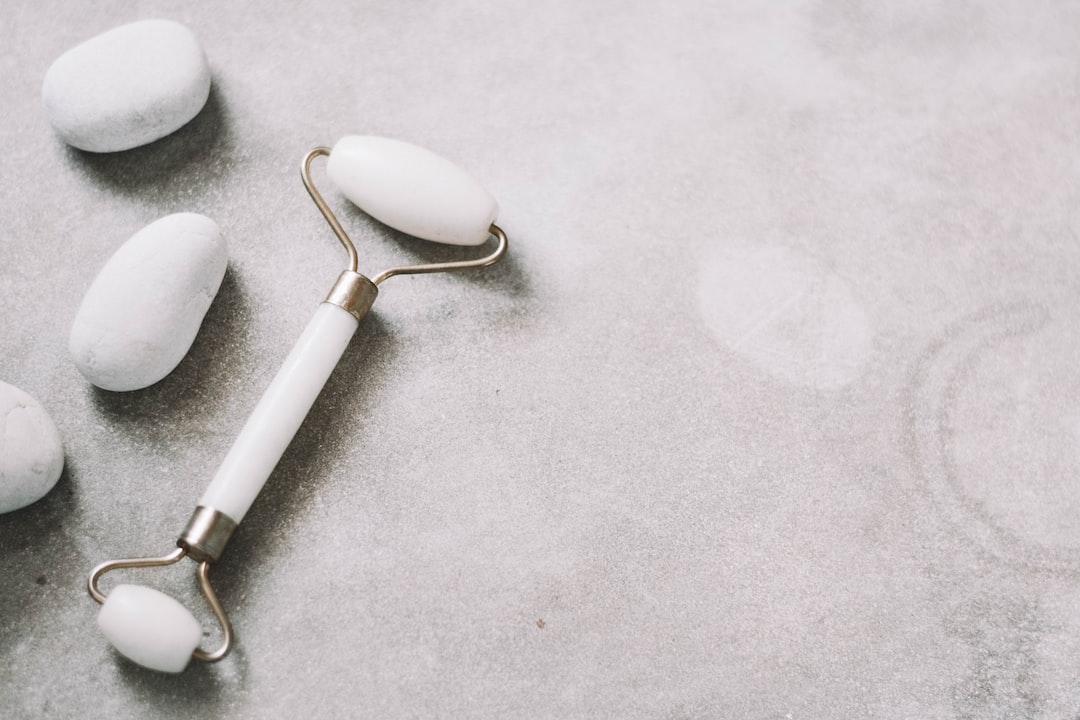Why Exfoliation Is Essential for Your Skincare Routine
Have you ever wondered why some people have flawless and radiant skin? The secret lies in a skincare technique called exfoliation. Exfoliation is the process of removing dead skin cells from the surface of your skin, revealing a healthier, smoother, and more vibrant complexion. This simple and essential step in your skincare routine has countless benefits for your skin’s health and appearance. In this blog post, we will dive deeper into why exfoliation is a must-have for everyone.
One of the primary benefits of exfoliation is that it unclogs your pores. Every day, your skin is exposed to dirt, pollution, and other environmental impurities. Over time, these impurities can accumulate on the surface of your skin, leading to clogged pores. Blocked pores can result in various skin issues such as acne, blackheads, and whiteheads. By exfoliating regularly, you remove these impurities, prevent breakouts, and keep your skin clear and healthy.
Another reason why exfoliation is essential is that it promotes better skincare product absorption. When you remove the layer of dead skin cells through exfoliation, your skincare products can penetrate deeper into your skin. This means that the active ingredients in your moisturizers, serums, and other beauty products can reach the underlying layers of your skin more effectively, providing you with maximum benefits. Without exfoliation, your expensive skincare products may not be able to work their magic as intended.
Exfoliation also helps to improve skin texture and tone. As we age, cell turnover slows down, and dead skin cells accumulate on the surface, leading to a dull and rough complexion. Regular exfoliation helps to break down these dead cells, revealing smoother and brighter skin underneath. It also stimulates collagen production, which improves skin elasticity and reduces the appearance of fine lines and wrinkles. For those struggling with hyperpigmentation or sun damage, exfoliation can also help to even out skin tone and fade dark spots over time.
Now that we understand the importance of exfoliation, let’s explore the different exfoliation methods available. There are two main types of exfoliation: physical and chemical.
Physical exfoliation involves using physical scrubs or brushes to physically remove dead skin cells. These can be in the form of facial scrubs, loofahs, or brushes. While physical exfoliation can be satisfying and invigorating, it’s crucial to choose gentle exfoliants to avoid irritating or damaging your skin. Look for products with fine, round particles instead of large, jagged ones. Additionally, avoid overdoing it – once or twice a week is usually sufficient for most skin types.
Chemical exfoliation, on the other hand, relies on chemical compounds such as alpha-hydroxy acids (AHAs) or beta-hydroxy acids (BHAs) to dissolve dead skin cells. AHAs, like glycolic acid and lactic acid, are water-soluble and work on the surface of the skin, making them suitable for dry or sensitive skin. BHAs, such as salicylic acid, are oil-soluble and penetrate deeper into the pores, making them ideal for oily or acne-prone skin. Chemical exfoliation is often preferred by those with sensitive skin or those who want a more gentle and consistent exfoliation method.
In conclusion, exfoliation is an essential step in any skincare routine. By incorporating regular exfoliation into your regimen, you can enjoy numerous benefits, including unclogged pores, improved product absorption, smoother texture, brighter complexion, and reduced signs of aging. Whether you choose physical or chemical exfoliation, ensure that you select products suitable for your skin type and use them in moderation. With consistent exfoliation, you can achieve the skin of your dreams and maintain a healthy and youthful complexion.


